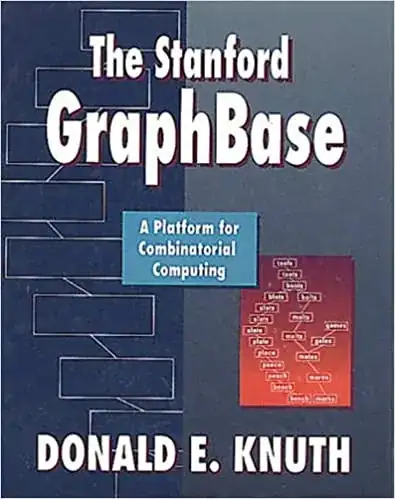I hope I'm addressing the right community. I was redirected here from CS.SE. For a project for my students, I need to find some weighted graphs (oriented or not) to benchmark their algorithms (shortest paths, flows...). The idea is for them (and me) :
- to test their code on small examples (running code with the processor they have between the ears ;-), but not completely trivial,
- to test their code on a bunch of larger examples (say from 10 to 10000 nodes) to find the complexity from experience, and compare it with what they would expect from their algorithms.
The algorithms I want them to study :
- Dijkstra,
- Bellman-Ford,
- Floyd-Warshal
- Ford-Fullkerson (for the good ones).
There are a few samples on the companion site of the ALGS4 course from R. Sedgewick (Shortest Paths), it could be OK for benchmarking, but I would like some more datas, encoded in this simplest way (or easily convertible). Examples don't have to contain background (I mean, if there is one, it can be interesting, but then I would have to strip the original datas from all the commentaries...).
Maybe someone here is aware of some samples and could point me to it.
Thanks in advance.
